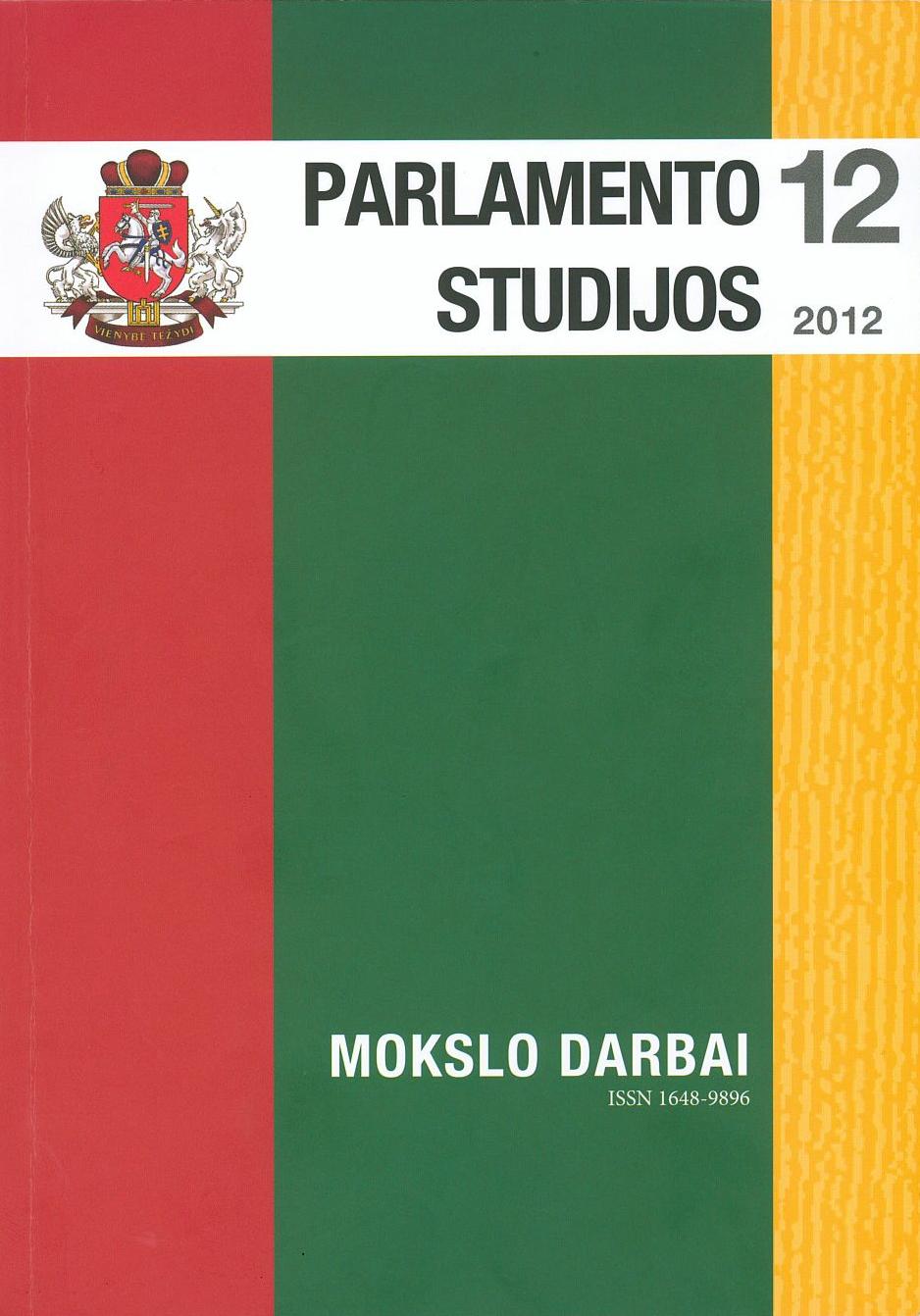Regarding Public Oral Speech Delivered by the Parliamentarians
DOI:
https://doi.org/10.51740/ps.vi12.281Keywords:
extra-linguistic factors, inter-linguistic factors, borrowing, international word, language ethics, connotational meaningAbstract
The aim of article is to analyze the public oral speech delivered by the parliamentarians. It is also aimed to discuss the used lexis of the Lithuanian language and foreign languages, the changes of its usage, to raise more meaningful extra–linguistic and inter–linguistic factors determining these changes; to analyze the influence of the English language as one of the factors of globalization on public oral speech, especially on the usage tendencies of the borrowings; to analyze more pronounced usage maladies of underemphasized translations and grammatical forms: syntax, morphologies, word formation; to evaluate oral language delivered by parliamentarians not only in the aspect of general Lithuanian language norms, but also in the aspect of language ethics. Also, one of the objectives raised is to encourage parliamentarians cherish the Lithuanian language, to raise the prestige of the Lithuanian language.
The main source of speech data is the public oral speech delivered by the parliamentarians, sessions of Seimas often broadcasted on the Lithuanian television, political discussion, commentary, conversation, conference and other shows broadcasted on the Lithuanian television.
The analysis of speech data of the public oral speech delivered by the parliamentarians shows that globalization and other related extra–linguistic and inter–linguistic factors, especially the English language, have influence to the changes of the lexis used, more borrowings are started to be used coming from the English language and through English language, the balance of usage of Lithuanian and foreign languages is undermined; Internationalisms receive new meanings not characteristic to the Lithuanian language, based on specific meanings of the words of the English language; there emerge underemphasized translations also from the English language; underemphasized grammatical forms are used: syntax, morphology, word formation, etc.; general norms of the Lithuanian language as well as language ethics scotched.








 The metadata of the scholarly journals and publications of the Lithuanian National Martynas Mažvydas Library is distributed by
The metadata of the scholarly journals and publications of the Lithuanian National Martynas Mažvydas Library is distributed by 